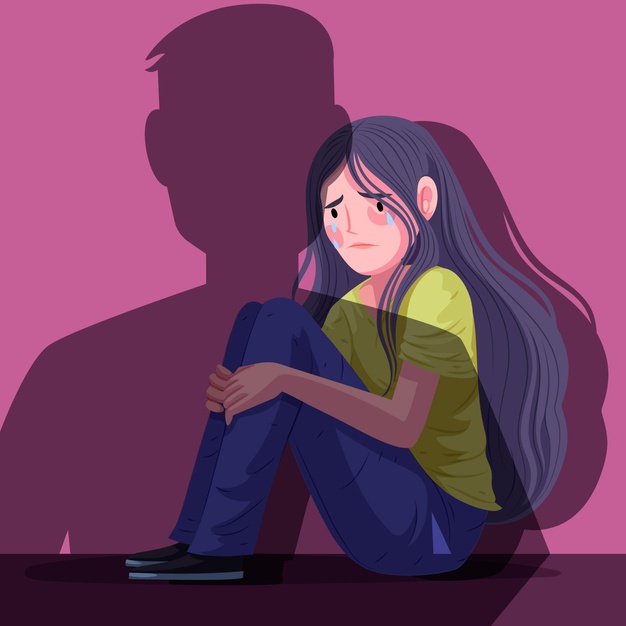
Article by
Harassment includes any non-consensual physical or verbal behavior that offends, intimidates or humiliates the other. Coping-up with the upshot of harassment has become an integral part of our thought process, as it has been taking a devastating toll on an individual’s wellbeing ranging from mental, emotional at times physical health. Keeping in view the current scenario without a doubt one can say it is no more gender specific. In the wake of overwhelming circumstances, one needs to be aware of litigation associated with harassment. Harassment and modesty both vary from culture to culture. It’s a multifaceted menace that requires organizational structure to counter its traumatic ramifications.
Over the recent decade, the rampant of harassment gave rise to new laws and amendments in already existing laws, for example “Protection against Harassment of women at the Workplace Act, 2010”. Earlier it had compensatory provisions like creates civil liability, which at maximum suggests the accused to be removed from employment but amendment in that (Section 509) creates criminal liability.
There are glad tidings for folks of Pakistan; keep your chin up, we are equipped with various provisions under the umbrella of Pakistan Penal Code (PPC) and Ombudspersons at the provincial & federal level. If you are in any public place, Section 509 provides the facility to punish the perpetrator with imprisonment with a maximum limit of three years or they can be fined up to PKR 500,000 (5 Lac) or both.
Are You Aware? If you sense any indecent and vulgar/derogatory thing e.g., sounds, gestures including a song with vulgar lyrics, it is no more dream to get the persecutor punished! Yes, you are there, he shall be liable under section 354A of the PPC (1860) and shall be imprisoned for three months or maybe given a fine or be ordered to do both. If a person assaults a woman or uses physical force against her, shall be liable under section 354A of PPC (1860). The accused may be given a death sentence or imprisoned for life.
Have We Made Any Progress? Yes, we have in terms of having laws. The point to ponder is how to vigilantly implement them. Certainly, on the path to get justice, there have been stumbling blocks but again only we can make them real by using them as tools. To project one side of the story has never been justified, so to maintain the equilibrium we have Section 496C.
For instance, what had happened with Brain Banks (American Footballer) was unfortunate, he got imprisoned for six years after being falsely accused of physical assault, however, to avoid this kind of catastrophe, under PPC we have Section 496C; “Punishment for false accusation of fornication. Whoever brings or levels or gives evidence of false charge of fornication against any person, shall be punished with imprisonment for a term which may extend to five years and shall also be liable to fine not exceeding ten thousand rupees”. The person who is falsely accused can use Section 496C to punish the persecutor. It’s time to take a practical leap as there needs to be a psychological underpinning for the public through media tools. Research is needed to identify personality traits, Psychopathy Machiavellianism, and Narcissism.
Structural patriarchy in lower courts and police stations needs to be dismantled to prevent harassment before giving proof that one had been harassed. The mentality that women should bear bare the consequence of liberty (as women come out from their homes to work) in the form of harassment needs to be changed.
 Monthly "Azeem English Magazine", launched in 2000, records the information about diverse fields like mental health, literature, research, science, and art. The magazine's objective is to impart social, cultural, and literary values to society.
Monthly "Azeem English Magazine", launched in 2000, records the information about diverse fields like mental health, literature, research, science, and art. The magazine's objective is to impart social, cultural, and literary values to society.
+92 51 88 93 092
First Floor, RAS Arcade, Eidhi Market, Street#124, G-13/4, Islamabad, Pakistan, 44000.